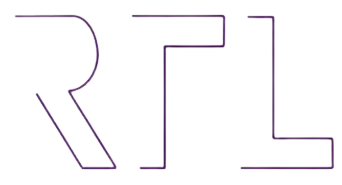Academic research into NFTs is starting to grow as the space evolves and more and more money flows into the space. Recent research highlights two issues that frequently come up for non-fungible token holders, creators, and platforms: what kind of property are they? and what are the copyright vulnerabilities associated with NFTs?
The first bit of research is from Professor Ed Lee at Illinois Tech, Chicago-Kent College of Law with a paper titled “NFTs as Decentralized Intellectual Property.” Prof. Lee takes the position that “[t]hrough a combination of virtual tokens (which are new intellectual property in their own right), code, licenses, and norms, NFTs are providing a viable, decentralized alternative to the copyright system—an alternative that does not eliminate the copyright system, but instead, makes it more responsive to what artists and people want.” Prof. Lee’s article is theoretically fascinating and optimistic, but whether the market, let alone the law, will subscribe to Prof. Lee’s vision of NFTs and their potential is still an open question. Regardless, it is encouraging to see scholars grappling with this new form of “ownership.”
The second piece of research, “Copyright Vulnerabilities in NFTs,” comes from The Initiative for CryptoCurrencies and Contracts (IC3), which is a blockchain research initiative based at Cornell University. Authors James Grimmelmann (Cornell and IC3), Yan Ji (Cornell and IC3), and Tyler Kell (IC3) make the extremely important point that “[t]hinking through the legal issues should be part of the NFT design process, not an afterthought.” The IC3 research is a welcome counterweight to the theoretical vision of Prof. Lee’s.
A simple search on the academic research website ssrn.com for “nfts” produces 82 papers, which is of course not inclusive of all NFT research that exists, but you can expect a bevy of additional research into this space.
Disclaimer
The material contained in this post is provided for informational purposes only and does not constitute legal advice nor in any way may it constitute an attorney-client relationship. The views expressed are those of the author and are not to be attributed to Rosario Tech Law, LLC or any of its clients. Always seek legal counsel prior to taking any actions based upon any information contained herein.


